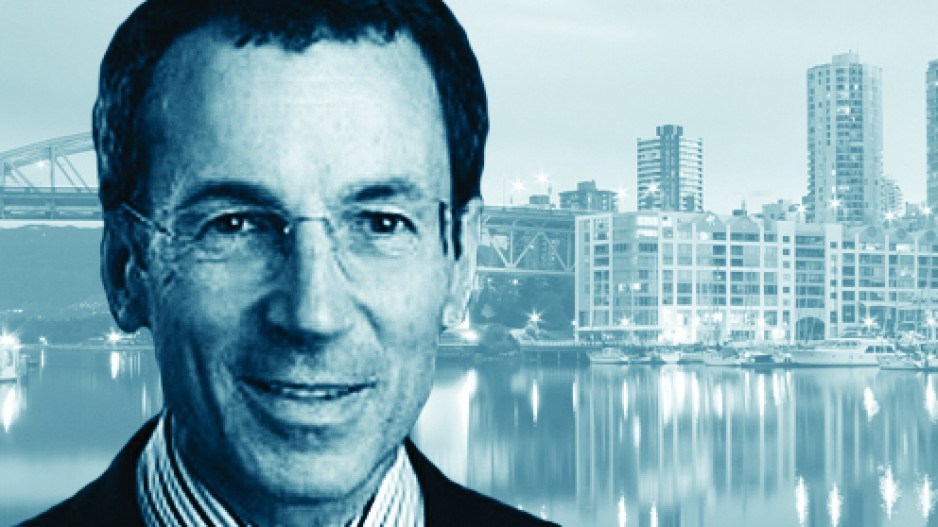If business investors feared the uncertainty of NDP policies, this election has delivered uncertainty on steroids, starting with ongoing uncertainty about its outcome
If the BC Green Party keeps holding the balance of power, B.C.’s political landscape is not just getting replanted by this election, it’s going to be uprooted. That’s how I see Green Leader Andrew Weaver’s declaration that his three unprecedented votes in the legislature will first dig in for electoral and election finance reform.
The Green party’s election results vividly demonstrate the major flaw in our first-past-the-post system: unlike the BC Liberals and BC NDP, whose popular vote count and seat count were roughly aligned, the Greens’ 16% popular vote delivered only three seats, not the 14 that would be theirs if the legislative seat count were simply a mathematical reflection of popular vote.
Weaver is an uncharacteristically principled political leader, but, thankfully, he also has a strong pragmatic streak. Decisions about Site C, the Massey bridge and Kinder Morgan will come later. If all he gets is electoral finance reform – the end of corporate and union donations – and a referendum on some kind of proportional representation with a reasonable threshold for passing, he will have transformed the political landscape in a way that will solidify a Green grip on B.C. politics for the next generation.
(Good news for corporate donors: no need to go to all those fundraising dinners and cash-for-access meetings and payment through the PR lobbyists anymore!)
That Weaver got this far with the first-past-the-post system is pretty impressive, with the NDP warning that Green voters would split the opposition turning out to be well founded. Assuming most Green votes came at the expense of the NDP, 16 ridings went to the Liberals because Green voters undermined the NDP. Somehow Weaver’s pitch to vote based on principles, not as a strategic tactic, connected.
Weaver will now have to struggle with his compromises if the legislature is going to be able to get anything done. His principled base will not tolerate a lot of bending from him. After the motherhood issues of electoral reform and election financing reform, he’s on a knife edge. How can he not fight to stop the Kinder Morgan pipeline? Will he go to the mat for a 30% foreign-buyer tax? Will he really hold hands with Christy Clark?
If business investors feared the uncertainty of NDP policies, this election has delivered uncertainty on steroids, starting with ongoing uncertainty about its outcome. Which mega-projects will be stopped? Which new taxes will be started? Which election promises will be forgotten to keep a minority government alive? Another election is likely much sooner than four years from now, and the steady downward trajectory of Liberal popular vote support since 2001 signals an even better chance of an NDP win next time.
It’s pretty clear that as the province becomes more urban, the Liberals can no longer treat Metro Vancouver (and its mayors) as political doormats. Frustration over urban issues like stupid housing prices and massive investments in motordom over transit drove many votes away from the Liberals. The foreign-buyer tax was a useful step for them, but people who don’t already have a foot in the real estate market are still banished from an affordable home this side of a 60-minute drive to work. They’re still angry.
Can we spare a moment to thank all the candidates who threw themselves into this campaign with an energy and intensity that can only be understood if you’ve been there? Campaigning is a brutal enterprise, equal parts physical and emotional exhaustion, verbal abuse, conflicting pressures to deliver the impossible, frustration over talking constraints, endless demands for attention, upsets outside your control – and then, always, the majority of candidates lose. It’s easy to forget that the vast majority of candidates go into politics for all the right reasons: they really want to serve their constituents and the province.
The winners (whoever they turn out to be) now get their chance. Good luck!
Peter Ladner ([email protected]) is a co-founder of Business in Vancouver. He is a former Vancouver city councillor and former fellow at the SFU Centre for Dialogue. He is chairman of the David Suzuki Foundation’s board of directors.




